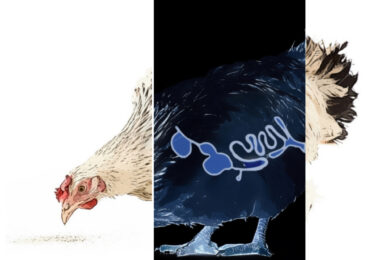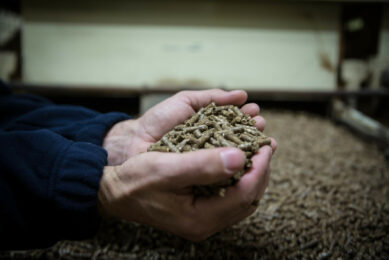Groups colaberate to create food pathogen genome database

The US Food and Drug Administration, the University of California, Davis, Agilent Technologies and the Centers for Disease Control and Prevention have joined together in a collaboration to create a public database of 100,000 foodborne pathogen genomes to help speed identification of bacteria responsible for foodborne outbreaks.
The database will facilate the development of tests to identify pathogens and provide information about the origin of the pathogen. The tests have the potential to significantly reduce the typical public-health response time in outbreaks of foodborne illness to days instead of weeks.
Open access to the database will allow researchers to develop tests that can identify the type of bacteria present in a sample within a matter of days or hours, significantly faster than the approximately one week it now takes between diagnosis and genetic analysis.
Conceived by UC Davis, Agilent, and FDA and called the 100K Genome Project, the collaboration will be a five-year effort to sequence the genetic code of approximately 100,000 important foodborne pathogens and make this information available in a free, public database. The sequencing will include the genomes of important foodborne pathogens such as salmonella, listeria, and E. coli.
The FDA is providing more than 500 already completed salmonella whole-genome draft sequences, thousands of additional important food pathogen strains for sequencing, and bioinformatic support. FDA scientists also will participate in guiding the project and providing technical assistance when needed.
Agilent is providing scientific expertise, instrumentation and funding to support a portion of UC Davis activities.
The CDC will provide its foodborne disease expertise, strains to be sequenced and other information for use in the project. CDC experts will also serve on the steering committee for the project.
The genomic sequencing will be coordinated by UC Davis, which is also providing access to its collection of bacteria samples. The sequencing will be done at the newly formed BGI@UC Davis genome sequencing facility.
The US Department of Agriculture’s Food Safety and Inspection Service will also collaborate on the project.
As sequences are completed they will be stored in the National Institutes of Health’s National Center for Biotechnology Information’s public database.
As part of its efforts for the collaboration, UC Davis is currently forming a consortium to support the 100K Genome Project. The consortium participants will draw from a variety of stakeholders, including federal, state and local public-health laboratories, food manufacturers, industries and academic organizations. Organizations interested in joining the collaboration can contact Bart Weimer, the UC Davis program director, at www.agilent.com.











